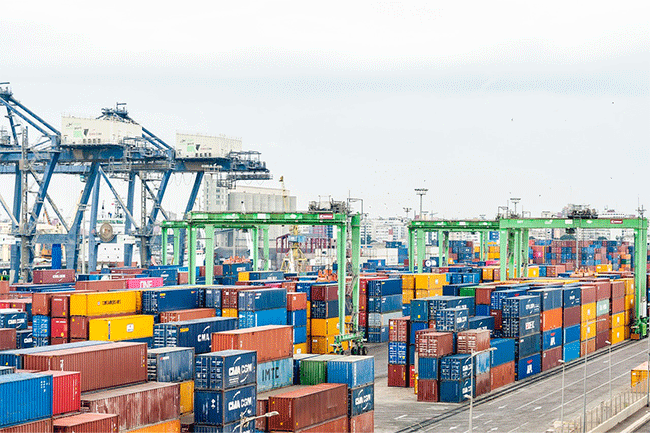
enteredExport agentCompared with self-operatedcustoms clearanceWhat are the fundamental differences?
Professional import-export agency services includeFull-process risk undertakingwithLegal entity responsibility undertakingTwo core values. Compared with self-operated customs declaration by enterprises, the agent shall:
- Undertake the obligation of document compliance review
- Advance payment of customs duties and VAT (DDP terms)
- Handle customs classification disputes and administrative reconsideration
- Establish AEO certification management system (new cross-border service provider filing requirements by the General Administration of Customs in 2025)
What specific modules are included in 2025 import-export agency services?
Modern agency services have formedSix standardized modules:
- Customs management
- HS CODE intelligent classification system (integrated with 2025 version of Harmonized System)
- Digital application for certificate of origin
- Logistics coordination
- Carbon-neutral transportation solution design (compliant with EU CBAM new regulations)
- Foreign exchange exports
- Tax refund declaration
- Compliance audit
- Trade remedy (responding to anti-dumping investigations)
This article details the core value of origin agency, the selection criteria for service providers, common operational misunderstandings, compares the cost-effectiveness of self-handling and entrusting an agency, and provides compliant and efficient solutions for enterprises.
Recommended adoptionThe four-dimensional assessment system:
- Qualification verification: General Administration of Customs filing + electronic port authorization
- Industry cases: Operation experience with same category goods (e.g. medical devices requiring CFDA certification channel)
- Risk control system: Whether RCEP rules of origin database has been established
- Service network: Localized service team configuration at major ports
How are agency service fees structured? Are there any hidden costs?
Standard agency fees shall includeBasic Service PackageswithOptional value-added items:
- Basic services (usually charged at 0.8%-1.5% of cargo value):
- Customs declaration document preparation
- Customs declaration system interface
- Value - added services:
- Special supervision zone warehousing (e.g. for US Section 301 tariffs)
- Cross-border currency settlement
What countermeasures do agencies have when goods are detained by customs?
Professional agents should initiateThree-level emergency mechanism:
- Level 1: Complete customs detention cause diagnosis within 2 hours
- Level 2: Submit compliance rectification plan within 48 hours
- Level 3: Initiate classification advance ruling application procedure (2025 Customs Accelerated Approval Channel)
How does cross-border e-commerce impact traditional agency services?
Emergence of new business formatsThree major service innovations:
- Bonded live-streaming e-commerce clearance solution (handling declaration peaks for flash sale orders)
- Cross-border returns reverse logistics system
- 9710/9810 regulatory code specialized service package
How will 2025 international trade policy changes affect agency services?
Key points requiring attentionTwo major policy trends:
- EU Battery Passport regulation (requiring full supply chain carbon footprint tracing)
- U.S. UFLPA Act update (Xinjiang product documentation requirements)
What pitfalls should SMEs watch for when selecting agency services?
cautiouslyThree common risk points:
- Low-price trap: Customs declaration fees 30% below market rate may involve fake export declarations
- Qualification fraud: Verify authenticity of customs record numbers (verifiable via Single Window)
- Liability shifting: Check if contracts clearly stipulate joint liability for intellectual property infringement
Selecting professional import-export agents essentially establishesA trade risk firewallprocess. Enterprises should focus on whether the agents compliance management system connects to Customs Big Data Platform and has professional customs teams familiar with latest FTAs (e.g. CPTPP taking effect in 2026). In 2025 when digital declaration coverage reached 92%, real-time data exchange capabilities and intelligent early warning systems have become key metrics for evaluating agent service quality.


 Follow Customer Service WeChat
Follow Customer Service WeChat